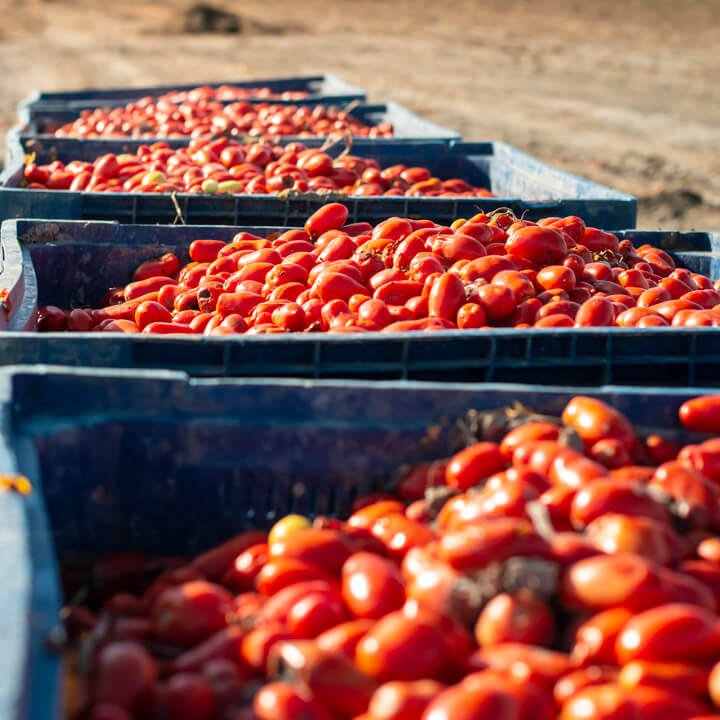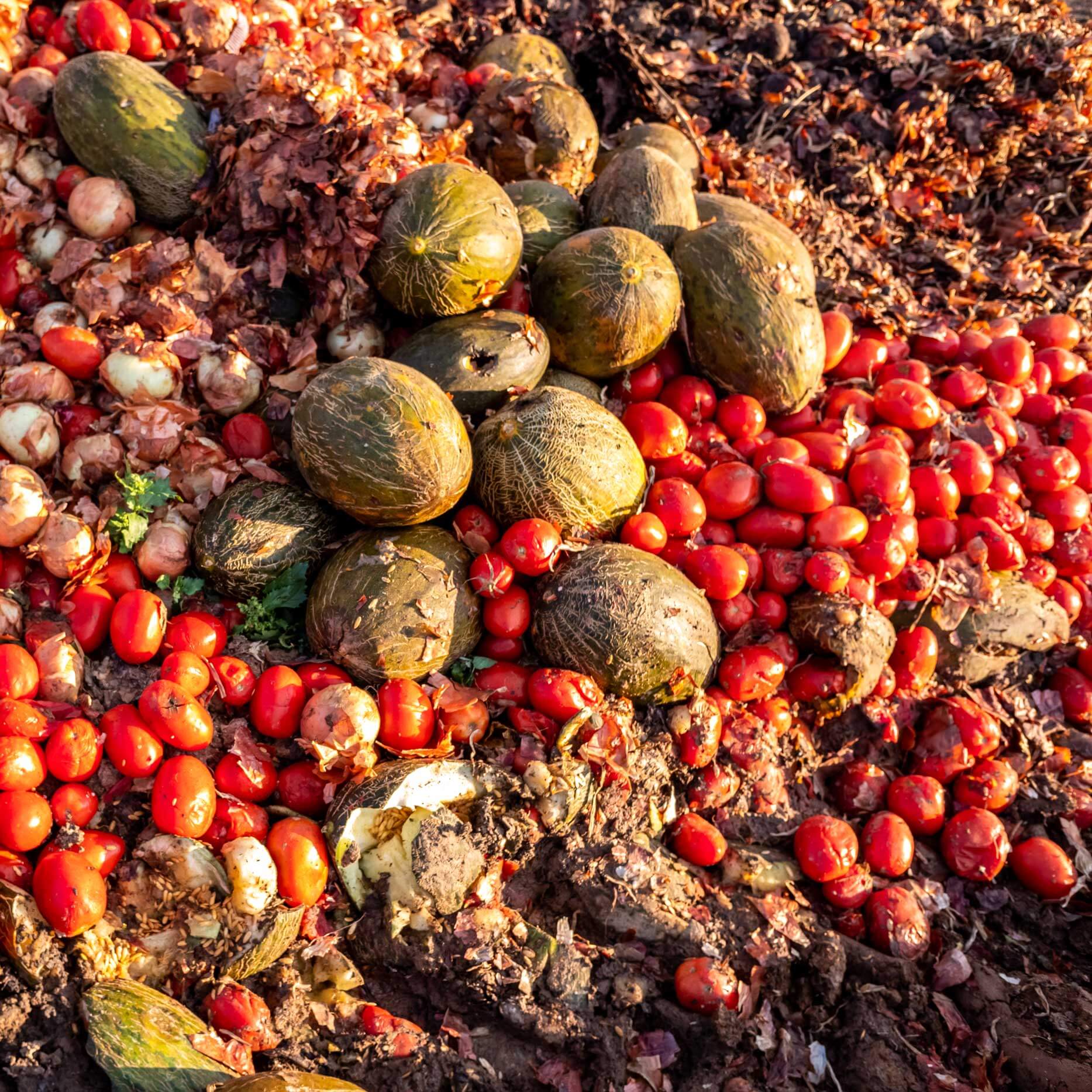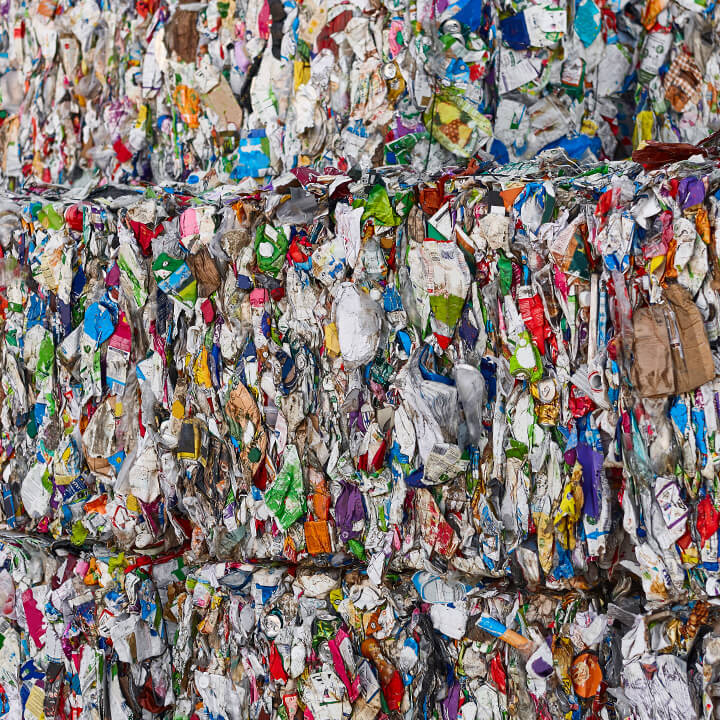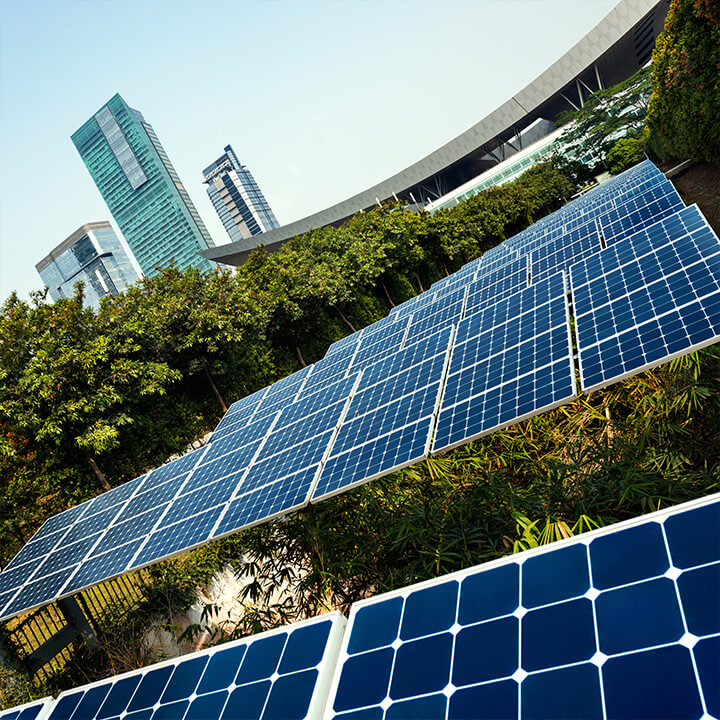AI in the food and drink industry: A gamechanger for reducing waste and emissions
5th April 2024
The Topline
“The UK food and drink industry contributes more to the economy than all other manufacturing sectors, including automotive and aerospace.
“But with food waste and emissions from production and transportation posing significant sustainability concerns, there are various regulatory and reputational hurdles related to waste management and the industry’s underlying environmental impact.
“Managing them can present a real challenge as businesses seek to limit both the commercial and legal consequences of non-compliance. Fortunately, artificial intelligence is emerging as a powerful tool in businesses’ sustainability arsenal.”
– Matthew Lingard, Director, Intellectual Property, Trade Marks & Designs (and a member of our Technology & Digital team)

Confused about what AI is and how to introduce it into your business? Click here to access our guide to demystifying AI.

AI in the food and drink industry: A role in food waste reduction?
Food waste is a major concern, not only because of its economic impact but also its environmental footprint. New waste recycling legislation comes into force in Wales on 6 April 2024, requiring businesses to separate food and other materials for collection. England is expected to follow from 31 March next year. In another recent development, following Government’s U-turn on plans for mandatory food waste reporting, businesses from across the food, retail and manufacturing sectors signed an open letter calling on Government to introduce this measure.
AI offers several solutions to help businesses combat the food waste problem.
- Demand forecasting: Food production and ordering rely heavily on data. AI can analyse vast datasets of historical sales data, weather patterns, and even social media comments, to predict future demand with greater accuracy. This allows businesses to optimise production and ordering, minimising the risk of overstocking and subsequent spoilage.
- Dynamic pricing and promotions: Predictive AI can be used to identify products nearing their expiry dates. By analysing real-time sales data, AI can suggest targeted discounts and promotions on these items, incentivising customers to buy them before they spoil. This not only reduces waste but boosts sales and profitability.
- Food redistribution optimisation: Surplus food that can’t be sold is often donated to charities and food banks. But efficiently matching it with appropriate recipients can be a logistical challenge. AI can be harnessed to analyse data on: available surplus food; locations of charities accepting donations; and even traffic patterns to optimise redistribution efforts. The food reaches those in need efficiently, minimising waste and supporting social responsibility initiatives.
AI’s role in emissions reduction in the supply chain
The food and drink industry’s environmental impact extends beyond food waste. Transportation and energy consumption in production facilities contribute significantly to greenhouse gas emissions.
AI can play a crucial role in mitigating this impact.
- Route optimisation: Delivery fleets often operate on pre-defined routes that may not account for real-time traffic conditions or fuel efficiency variations. To optimise delivery routes, AI can analyse: traffic patterns; fuel efficiency of different vehicles; and delivery schedules. This results in a reduction to total distance travelled, minimising fuel consumption and leading to lower emissions.
- Sustainable sourcing: The environmental impact of a product goes beyond its production. AI can analyse data on: supplier practices; carbon footprints associated with ingredient production and transportation; and even geographical distances. This allows businesses to identify and source ingredients from suppliers with sustainable practices, minimising the overall carbon footprint of their supply chains.
- Energy use optimisation: Manufacturing facilities consume significant amounts of energy for processes like refrigeration, heating, and lighting. AI can analyse data on energy consumption patterns and suggest adjustments to equipment operation or building management systems. This leads to reduced energy use, lowering emissions and operational costs.
AI tools for compliance support
Environmental regulations are becoming increasingly stringent, and keeping up with this ever-changing landscape can be a complex task.
AI offers valuable tools to help streamline the process.
- Real-time data monitoring: Production lines generate a wealth of data on resource usage, including water and energy. AI can be used to monitor sensor data in real time, allowing for the identification of potential compliance issues like exceeding water usage limits. This enables businesses to take prompt corrective actions and avoid regulatory violations.
- Regulatory analysis and reporting: Environmental regulations can be intricate and are ever-evolving. AI can be used in conjunction with specialist advisers such as Walker Morris to keep a watching brief on relevant legislation and be trained to alert businesses when new rules come into force which could impact them. AI can also automate report generation, ensuring compliance with reporting deadlines and reducing administrative burdens.
AI in the food and drink industry: An example in action
The University of Aberdeen’s Enhancing Agri-Food Transparent Sustainability (EATS) project is a great example of AI in action. This project uses AI to analyse data from across the food and drink supply chain, helping businesses identify areas for emissions reduction and improve overall sustainability.
AI in the food and drink industry: How we can support you
The potential for using AI in the UK food and drink industry is vast. By embracing AI solutions, businesses have the potential to: significantly reduce food waste; minimise emissions; and ensure compliance with relevant regulatory requirements. This doesn’t only benefit the environment but can also lead to: increased efficiencies; cost savings; and a stronger competitive edge in a sustainability-conscious marketplace.
Our multidisciplinary Technology & Digital team is dedicated to understanding the challenges faced by businesses looking to procure and implement complex technologies. Working together with our specialist Food & Drink and Environment colleagues, we can provide you with the guidance you need. Please get in touch to find out more.










